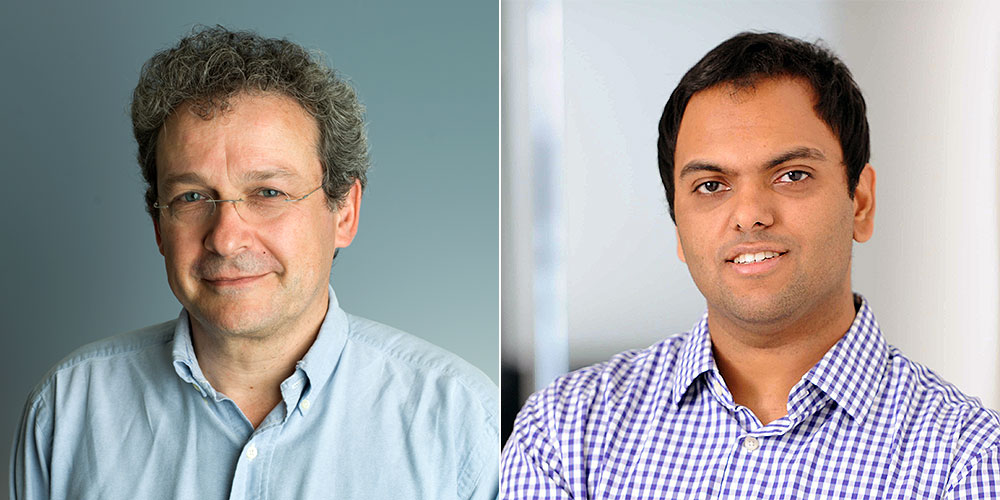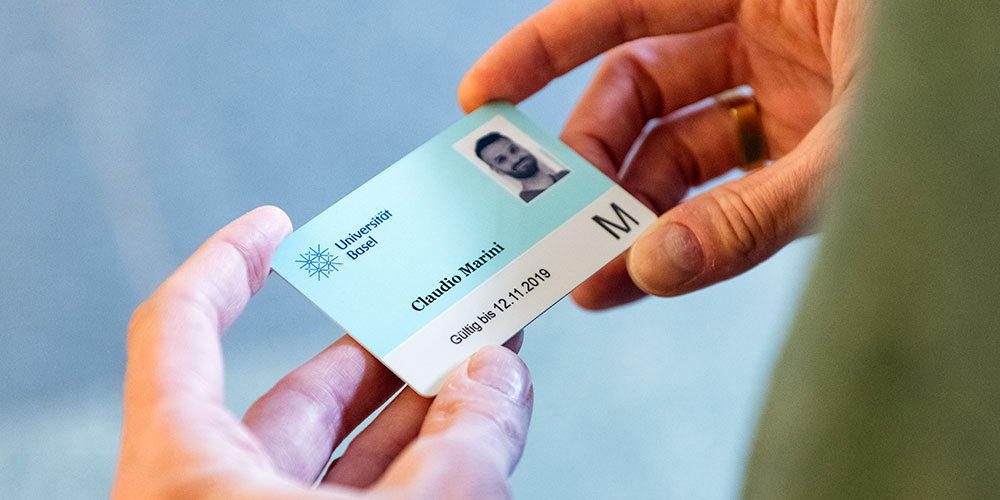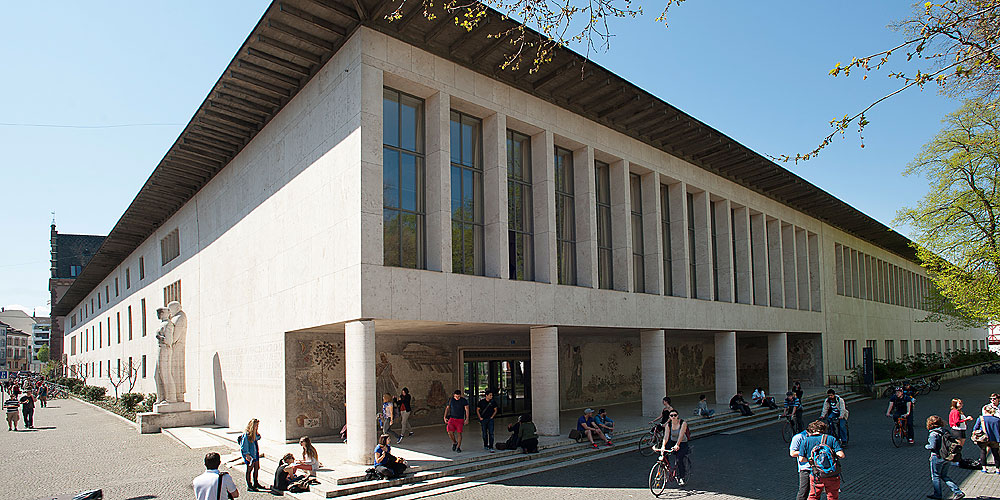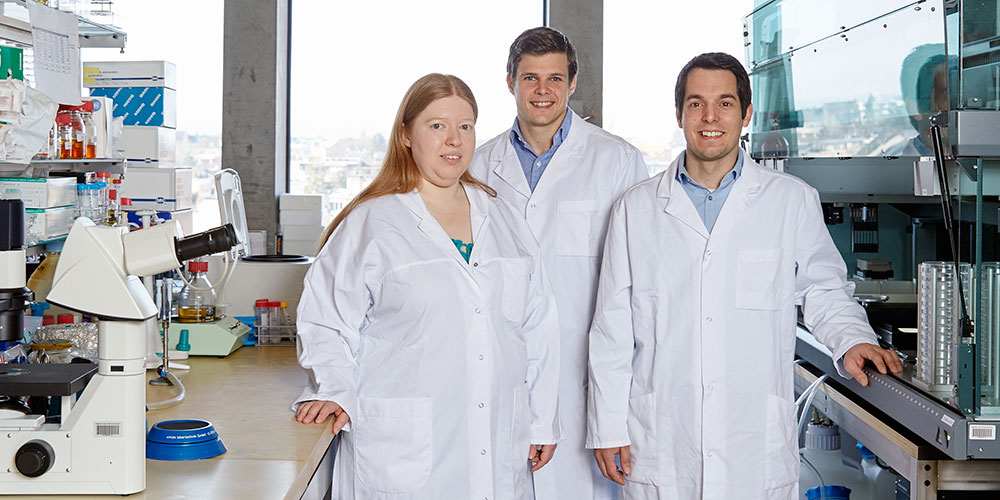A widely used diabetes medication combined with an antihypertensive drug specifically inhibits tumor growth – this was discovered by researchers from the University of Basel’s Biozentrum two years ago. In a follow-up study, recently published in “Cell Reports”, the scientists report that this drug cocktail induces cancer cell death by switching off their energy supply.
Professor Georg Holländer and Professor Sai Reddy will head the Botnar Research Centre for Child Health.

On 1 January 2019, the UNIcard of the University of Basel will replace the current employee ID and the paper student ID. The new identity card is made of plastic, in credit card format and will be gradually equipped with applications.

For his achievements in cancer research, the cell biologist Prof. Michael N. Hall, from the Biozentrum of the University of Basel, has been awarded the Charles Rodolphe Brupbacher Prize 2019. The Prize Ceremony will take place on January 31, 2019, during the international Charles Rodolphe Brupbacher Symposium in Zurich.
On Friday, 30 November 2018, the University of Basel held a traditional ceremony to celebrate its Dies Academicus – for the 558th time. The writer Hansjörg Schneider and the blockchain developer Vitalik Buterin were made honorary doctors along with the hospice founder Verena Grether, the medical engineer Robert Riener, the federal judge Thomas Stadelmann, the neuroscientist Thomas R. Insel, the theologian Hans-Martin Barth, and the illustrator Armin Coray. The Alumni Prize was awarded to the economist Beatrice Weder di Mauro.
Two scientists from the University and the University Hospital Basel receive one of the coveted ERC Consolidator Grants. The European Research Council awards grants to the computer scientist Malte Helmert and the physician Lukas Jeker.Jeker.

The Swiss National Science Foundation (SNSF) has approved the financing of four new assistant professorships at the University of Basel as part of the newly announced Eccellenza fellowships. At the same time, two Eccellenza Grants have also been approved, bringing a total of around CHF 9.5 million in third-party funding to Basel.

Do natural scientists write differently than humanities scholars? Are women better readers? What makes for good writing? On the occasion of the University’s «Writing Day» on 29 November 2018, four professors explain why writing matters for themselves and their disciplines.

T3 Pharma, a biotech start-up company of the University of Basel with a focus on immuno-oncology, has been named “2018 Science Start-Up of the Year” by Falling Walls Venture. The award honors the scientist-entrepreneurs for their breakthrough business model in bacterial cancer therapy.

